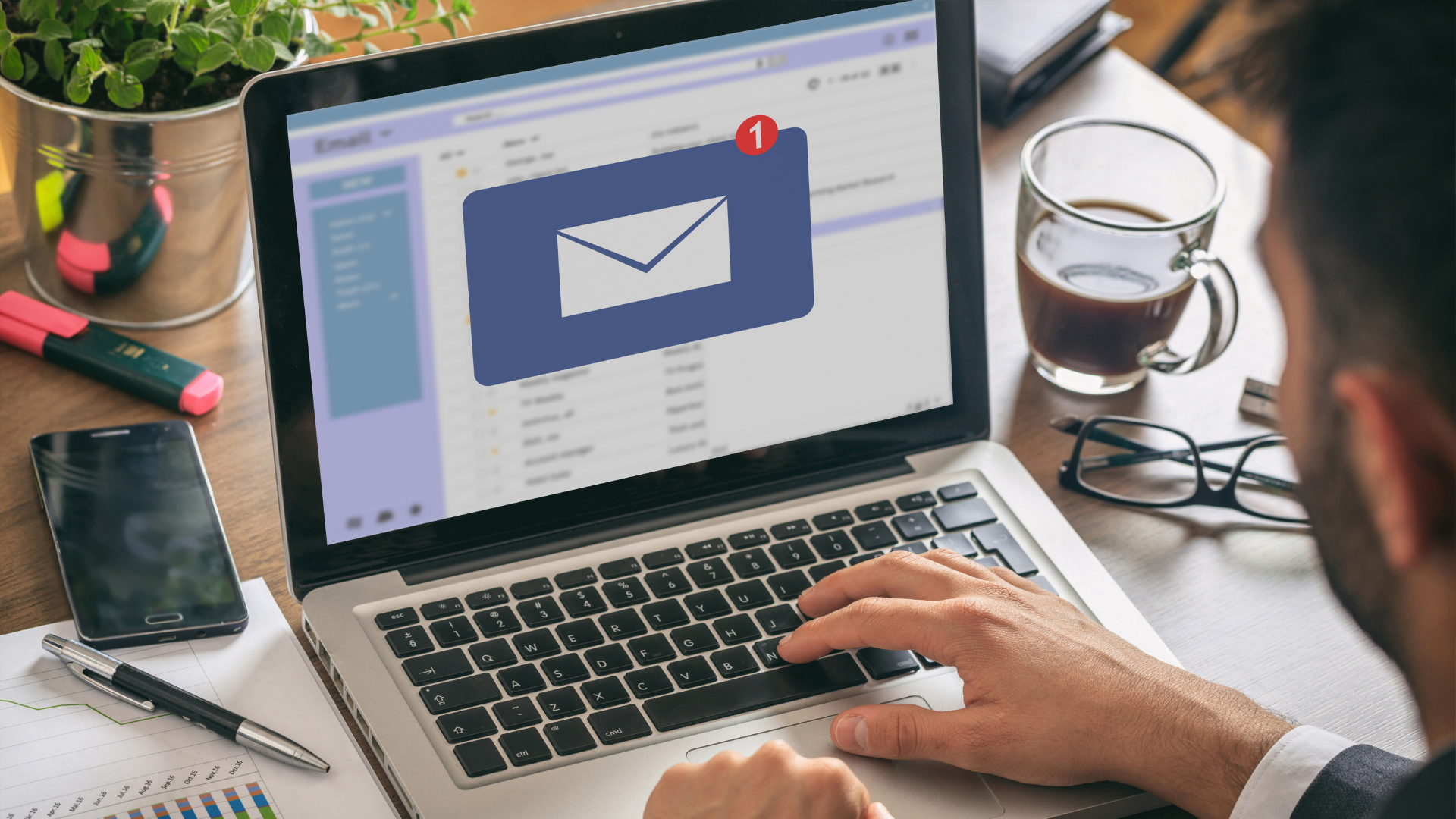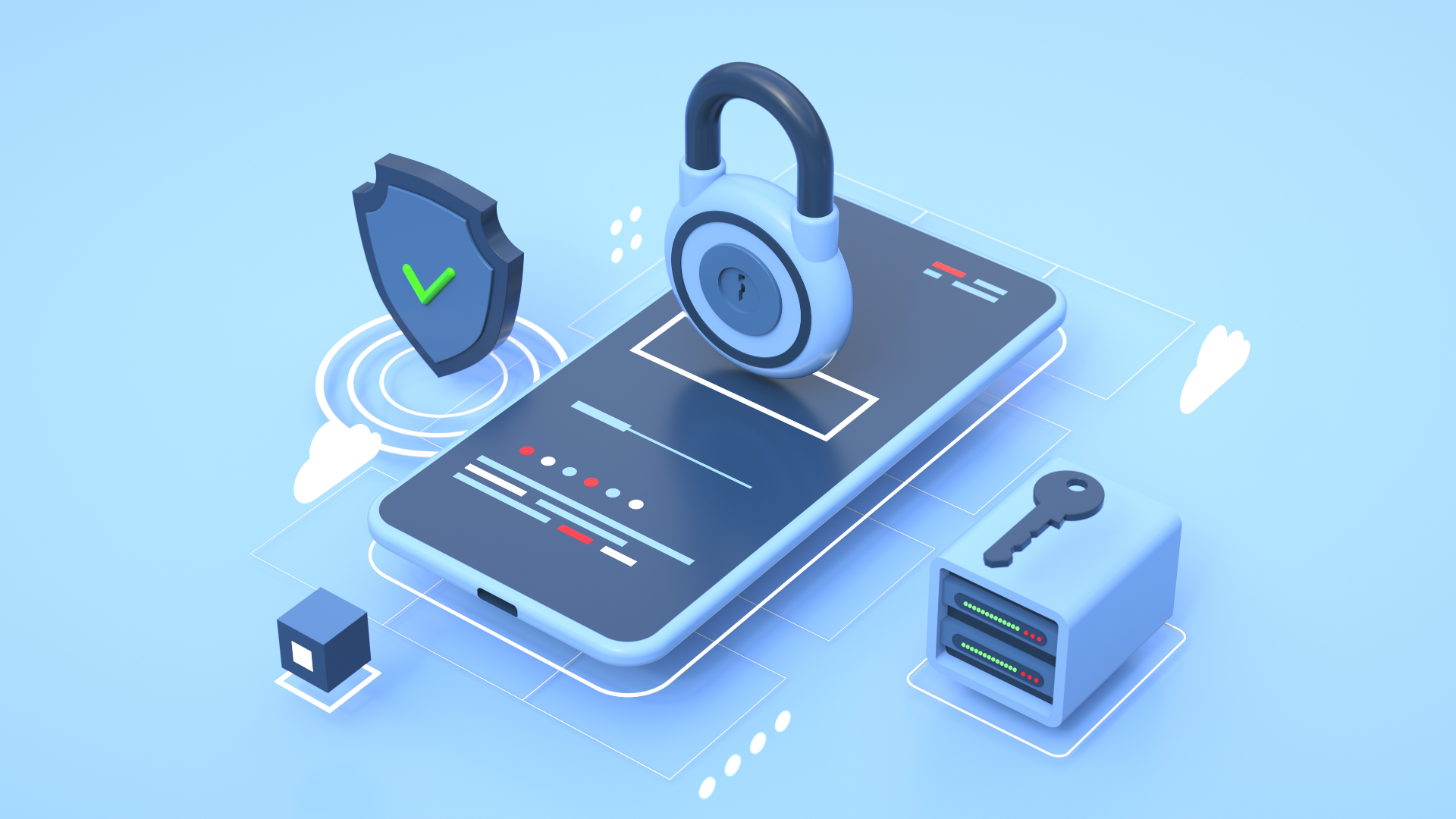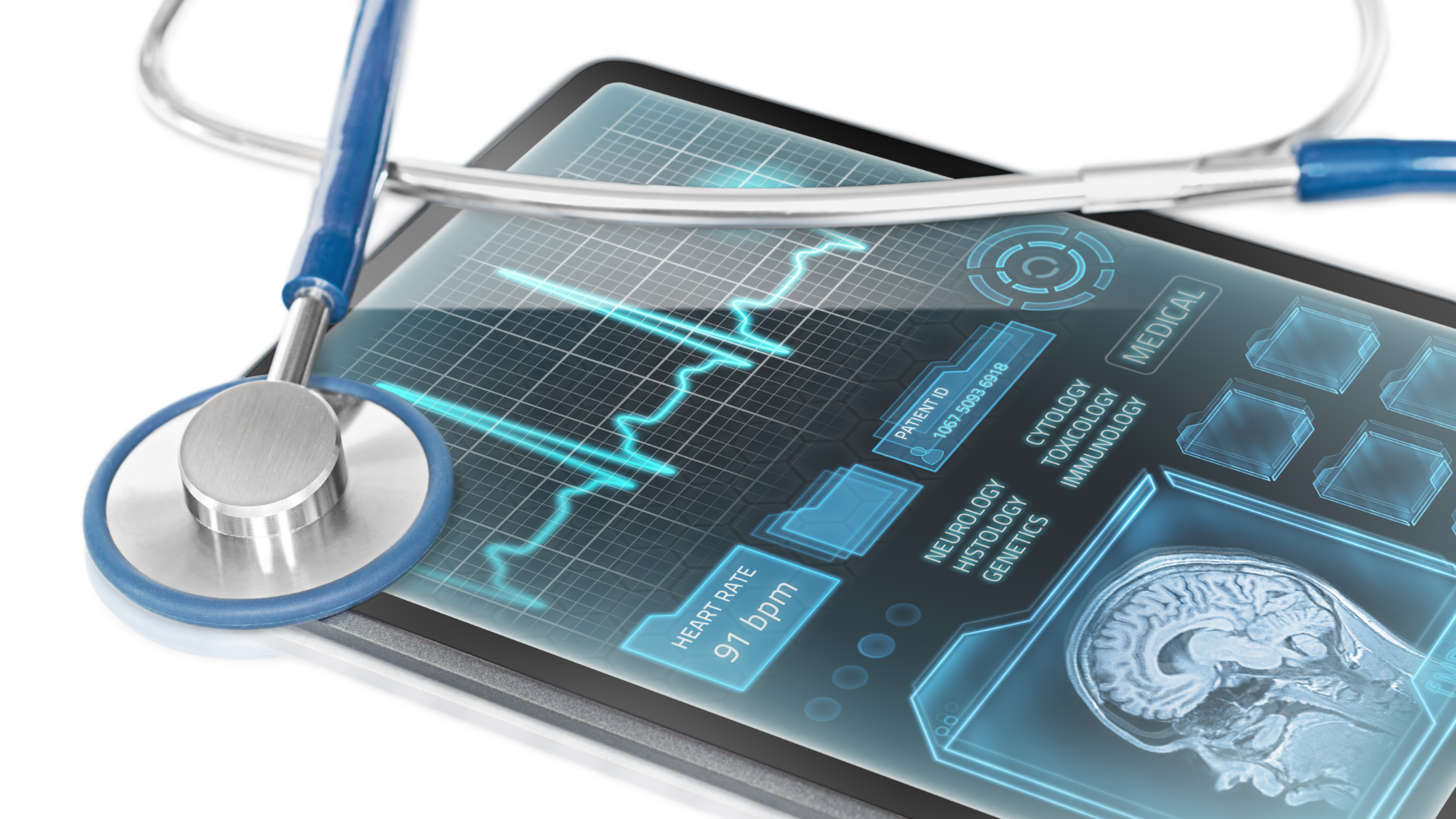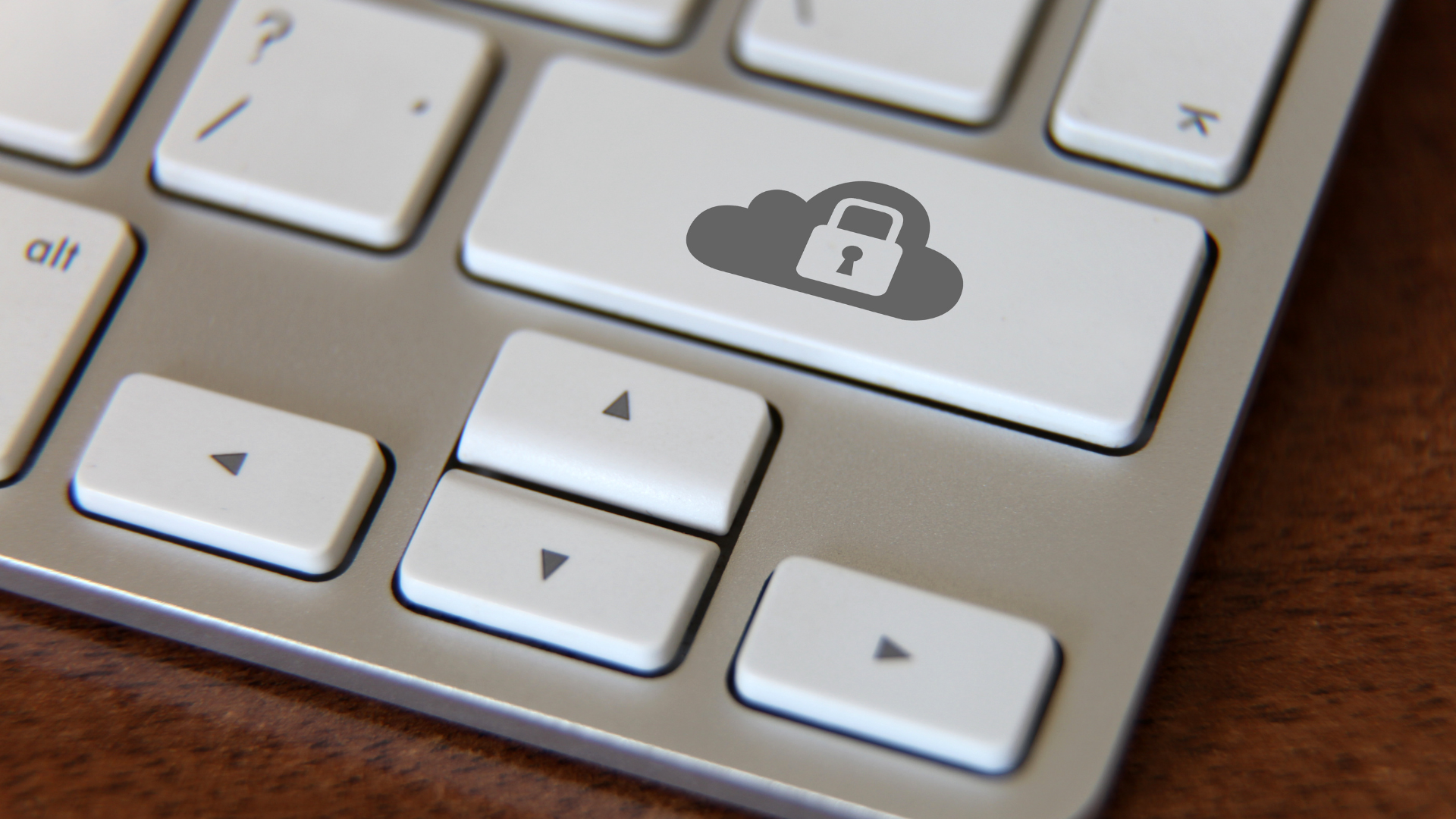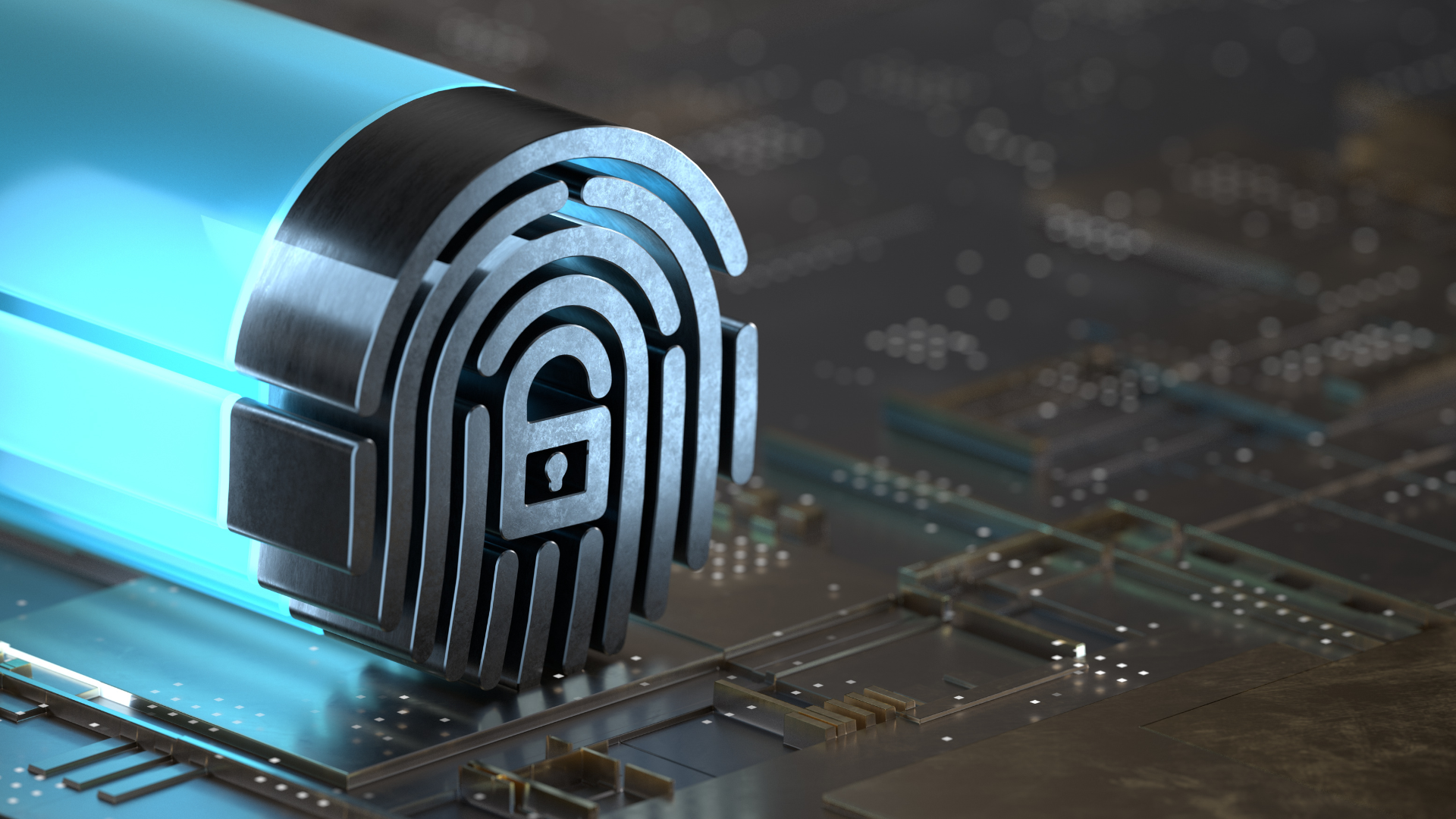Healthcare Cybersecurity Services to Look For
Healthcare organizations, large and small, are at risk of cyber attacks such as ransomware and social engineering scams. Some medical practices even go as far as paying ransomware attackers to let them back up their systems.
All of these issues can be avoided. However, many medical practices don’t have the necessary cybersecurity services in place to protect themselves and their patients.
This blog provides a list of the top healthcare cybersecurity services that your medical practice should have.
1. Endpoint Security
Endpoints are defined as the points in a network that connect to the Internet. These can include desktops, laptops, and mobile devices.
Every endpoint can serve as an entry point for an attack. Whether they are on-premises, virtual, or in the cloud, all your endpoints need comprehensive protection.
Cyber attacks and risky user behavior can be prevented with endpoint security measures such as network access control, anti-virus software, and encryption.
With proper
endpoint security, you can provide secure remote access to employees, partners, and clients without violating privacy laws as you manage the ever-increasing number of devices involved in providing care.
2. HIPAA-compliant Managed Firewall
Basic firewalls are no longer sufficient. Providers, researchers, insurance companies, pharmacies, medical device manufacturers, and other healthcare-related entities can protect protected health information (PHI) by implementing a HIPAA-compliant firewall.
Managed firewalls may be your best option if you find that managing and maintaining your own firewall is simply not feasible.
The firewalls managed by
healthcare IT service providers are much safer than free versions. With cybersecurity experts proactively monitoring your firewall 24/7, malicious attacks can be detected and blocked more quickly.
When it comes to protecting your practice, you can't afford to wait for an attack to happen before taking action. With cybersecurity experts proactively monitoring your firewall 24/7, malicious attacks can be detected and blocked more quickly before any damage is done.
3. Dark Web Monitoring
The dark web is a collection of sites that cannot be found on the normal web. These sites can only be accessed with specific software and configurations. It’s commonly used for criminal activities such as buying and selling weapons, drugs, and even children.
Dark web monitoring scans hundreds of thousands of pages on the internet to find out if your clinic data has been stolen and sold on the dark web. You can check to see if any information has been hacked or compromised, such as employee credentials or patient records.
However, advanced IT applications like dark web monitoring tools can be pricey. Fortunately, there are
IT service providers that offer dark web monitoring, and sometimes they are packaged together with other IT services. In this way, small businesses are protected from cyber threats on par with larger corporations.
4. Password Management
Cybersecurity providers specializing in healthcare can offer password management solutions tailored to your practice needs.
They can monitor employees' password habits and enact security policies, such as strong, unique passwords and multi-factor authentication (MFA).
As a key component of password management, MFA provides an additional level of security to confirm that the user attempting to log into your account is in fact you. For example, after a user enters your password, they must enter the code sent to the phone number associated with the account to log in successfully.
This way, even if someone got their hands on your password, they won't be able to log in because they won't have the additional security measure.
With password management, you can securely sync your passwords across multiple devices. Administrators can also view detailed reports and audits on employee password practices.
5. Vulnerability Assessment & Penetration Testing
Healthcare providers should routinely evaluate their security controls through realistic testing to identify security flaws before an attacker does. This is where vulnerability assessment and penetration testing come in.
Vulnerability assessment
is a technical process that involves scanning the network to identify all potential vulnerabilities.
Penetration testing
is an intense, hands-on test that involves simulated attacks on the system. Also known as a "pen test", it simulates an attack on an organization's IT infrastructure in order to determine what weaknesses are present.
6. Data Encryption
Data encryption is another important HIPAA compliance service. It’s the process of transforming information into what appears to be meaningless information. This is done by using an algorithm that is very difficult to decipher even with the use of advanced computer systems.
Data is encrypted so that only authorized users with the right decryption key can access the information. Your clinic data is protected from threats while it is at rest, in transit, or when in use.
Data encryption also prevents unauthorized access to sensitive data in the event of a lost or stolen device.
7. Cybersecurity Training
Your employees are more likely to fall victim to phishing if they are not aware of even the most basic cybersecurity measures.
Human error accounts for
over 90% of all data breaches, so one of the best ways to secure your healthcare organization is to train your staff on cybersecurity policies. Our
healthcare cybersecurity experts recommend that it be incorporated into your onboarding process.
Additionally, this shouldn’t be a one-and-done procedure. Periodic cybersecurity training can help your staff stay up to date with all the latest technology and protect them from ever-evolving threats.
8. Simulated Phishing Campaigns
A series of high-profile cyber attacks on healthcare organizations across the country highlights the importance of cybersecurity training. That being said, you shouldn’t wait around for hackers to strike your medical practice so you can find out if your employees know how to handle it.
When a possible phishing email arrives in their inbox, some would just mindlessly open the email without checking for signs of a phishing attack. This is what cybercriminals want. It’s like fishing without a hook.
A
recent study found that 96% of social engineering attacks are carried out via email, 3% via a website, and only 1% through phone calls or SMS messages.
Phishing emails are highly effective in social engineering because they can be crafted to seem legitimate or interesting enough to get someone to click on them. Because of this, it’s vital that you expose your employees to simulated versions of these scenarios.
Simulated phishing campaigns allow you to observe how your employees respond to an attack and help them act better when an actual attack occurs.
9. Email Security
Imagine spending time and effort responding to messages in your inbox, only to fall victim to a phishing scam and expose the PHI of over 12,000 patients. This is exactly what happened to Utah healthcare organization Revere Health on June 21, 2021.
Security breaches like this can cause harm to an organization’s reputation and financial stability. Email, a vital component of business communication, can be used by hackers to break into a company's network. It only takes one single data breach to put thousands of sensitive records at risk.
With a robust email security solution
powered by machine learning and AI technology, you can safeguard your employees' email inboxes from ransomware, phishing, and other cyber attacks.
10. Disaster Recovery
Among all types of industries, healthcare is the one that cannot afford prolonged downtime. If there’s any type of disruption, an immediate solution must be provided.
An essential part of your practice's cybersecurity is a disaster recovery solution designed specifically for healthcare systems. Disaster recovery minimizes negative effects on businesses and employees when an unexpected event occurs.
Situations affecting an organization's operations must be managed, responded to, and recovered from appropriately. Lack of disaster recovery can lead to inability to access data necessary for providing services, data loss, and patient care issues.
ER Tech Pros Can Provide These Cybersecurity Services to Your Practice
Staying up to date with the latest cybersecurity best practices and regulatory compliance requires constant attention.
ER Tech Pros understands healthcare IT and the high-stakes issues involved in compliance, security, and safety. We don't just install cybersecurity tools and leave you to fend for yourself. Instead, we deliver holistic solutions and monitor your systems 24/7 to allow you to focus on providing excellent care to your patients.
To thoroughly assess your practice's IT needs, talk to an expert and get a free comprehensive evaluation of your entire infrastructure.
Search Articles
Healthcare & Tech Articles

ER Tech Pros is a managed service provider (MSP) that specializes in catering to the IT needs of businesses across the globe. We have offices in Sacramento and the Greater Fresno area.
We use our cutting-edge technology, extensive experience, and global team of technology experts to ensure your IT network is in its most secure and optimal state.
We focus on your IT so you can focus on growing your company.
8795 Folsom Blvd, Ste 205
Sacramento, CA 95826
1501 Howard Rd, Ste 2
Madera, CA 93637
(855) ER-TECH-1 / (855) 378-3241
info@ertech.io
Resources
Search this Site
ERTech Pros | All Rights Reserved.

